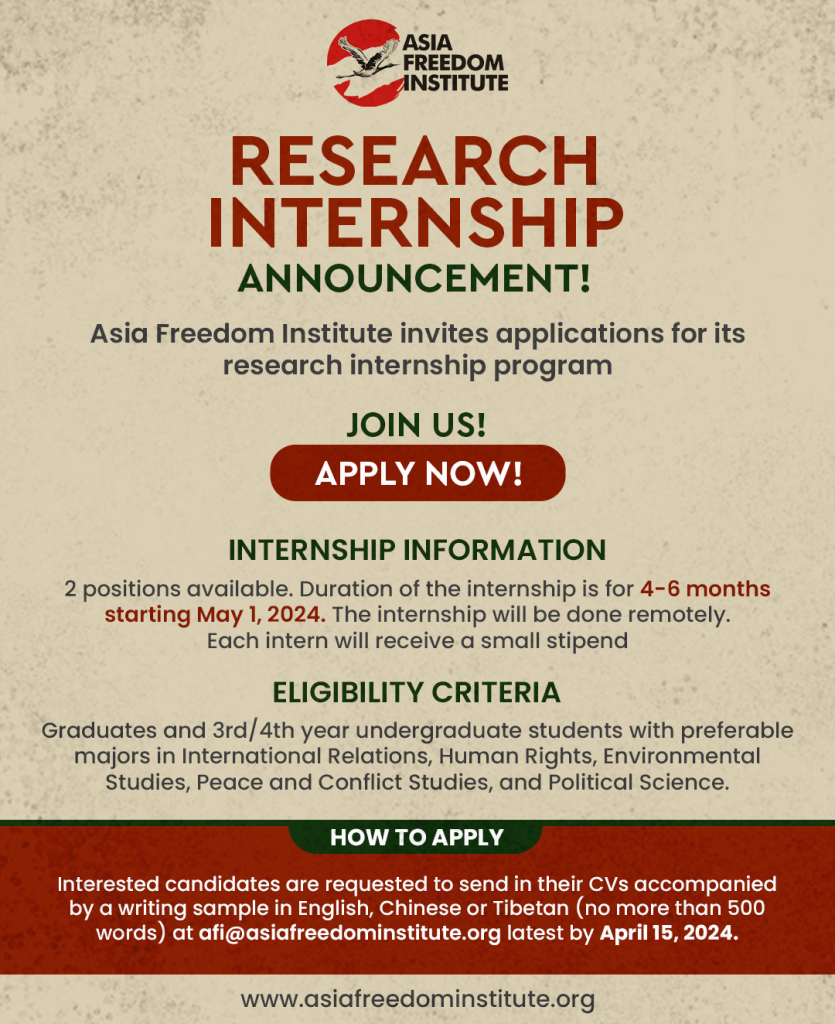November 25, 2024: The Christian Science Monitor ran a story wondering if President-elect Trump will let Senator Marco Rubio, his nominee for the Secretary of State, pursue a hard line approach towards China. Here are some excerpts from the piece:
It was Thanksgiving night 2019, and a jubilant crowd of tens of thousands of democracy activists rallied harborside on Hong Kong island. Singing and waving American flags above a sea of glittering cellphone lights, they celebrated a new U.S. law to sanction Chinese authorities for suppressing the basic freedoms of Hong Kong’s 7.4 million people.
A cheer arose as a video of the law’s author, Florida Sen. Marco Rubio, appeared on a huge screen. “I hope the people of Hong Kong know that they have served as an inspiration to the world,” Mr. Rubio said. “Your cause,” he pledged, “will continue to be our cause.”
But behind the scenes, the U.S. government’s support for the protesters was less clear-cut. Until the last minute, then-President Donald Trump had wavered on signing the law. “I stand with freedom,” he explained. “But we’re also in the process of making the largest trade deal in history” with China.
Today this same tension – between ideology and pragmatism – promises to play out prominently in the incoming administration’s China policy. Now the nominee for secretary of state, Mr. Rubio is among several “hawks” Mr. Trump has selected for his Cabinet. Their stances toward Beijing have been consistently tougher than their boss’s. But he will also have allies for a more transactional approach, like entrepreneur Elon Musk, who will serve as an adviser to the new president.
Mr. Rubio’s nomination in particular points to how the hawks may shape the two countries’ relationship going forward. As one of the most ideologically driven critics of China among U.S. leaders, he has championed human rights in China and repeatedly authored laws aimed at defending groups such as Hong Kong citizens and western China’s ethnic Uyghurs, a Muslim minority.
In a major speech at The Heritage Foundation in March 2022, Mr. Rubio laid out his stark view of China’s Communist Party as a threatening, power-hungry regime bent on weakening the United States and dominating the world.
China – not climate change or the pandemic – is “the gravest threat facing America today,” he said, raising his voice and waving a finger for emphasis. The U.S. must unify domestically, block Chinese espionage, revitalize American industry, and empower its allies to fight this danger, he warned. If China prevailed, he said, it would usher in “a new dark age of exploitation, conquest, and totalitarianism and all the worst aspects of human nature.”
Still, experts say Beijing is relieved that Mr. Rubio has not called for the U.S. to pursue a policy of regime change toward China, as did his predecessor Michael Pompeo.
Ultimately, Mr. Trump calls the shots, says Dr. Da of Tsinghua, and the incoming president’s pragmatic tendencies may rein in the hawks on his team. “Secretary Rubio could be, to some extent, different from Senator Rubio,” he says.
For More on Senator Rubio on China:

